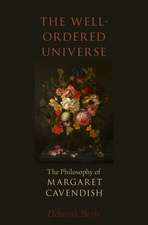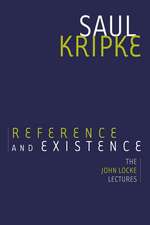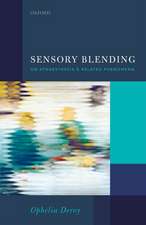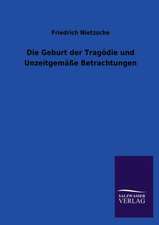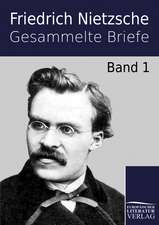Beyond Good and Evil (World Classics, Unabridged)
Autor Friedrich Nietzscheen Limba Engleză Paperback – aug 2017
The work consists of 296 numbered sections and an "epode" (or "aftersong") entitled "From High Mountains". The sections are organized into nine parts:
Part One: On the Prejudices of Philosophers
Part Two: The Free Spirit
Part Three: The Religious Essence
Part Four: Maxims and Interludes
Part Five: On the Natural History of Morals
Part Six: We Scholars
Part Seven: Our Virtues
Part Eight: Peoples and Fatherlands
Part Nine: What is Noble?
Preț: 77.69 lei
Nou
Puncte Express: 117
Preț estimativ în valută:
14.87€ • 15.90$ • 12.39£
14.87€ • 15.90$ • 12.39£
Carte tipărită la comandă
Livrare economică 17 aprilie-01 mai
Preluare comenzi: 021 569.72.76
Specificații
ISBN-13: 9789386101372
ISBN-10: 9386101378
Pagini: 130
Dimensiuni: 140 x 216 x 8 mm
Greutate: 0.17 kg
Editura: Alpha Editions
ISBN-10: 9386101378
Pagini: 130
Dimensiuni: 140 x 216 x 8 mm
Greutate: 0.17 kg
Editura: Alpha Editions
Notă biografică
Friedrich Nietzsche (1844-1900) was a German philosopher whose works critique the entire philosophical tradition up to this point, and provocatively call for a reaffirmation of life that has been sacrificed for the sake of abstract knowledge. Often considered the first existentialist philosopher who proclaimed "the death of God," his work was largely ignored during his lifetime but had an incalculable influence on modern politics, philosophy, psychology, and culture, including its many appropriations by both right-wing and left-wing movements.

